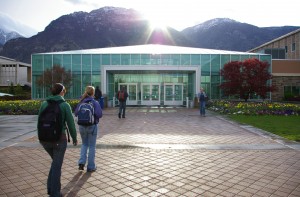Title
Mapping Civil Society: An Experiment in NGO Coordination
Keywords
international development, NGOs, non-governmental organizations, information costs, coordination
Abstract
Our research considers the efficiency of the work of non-governmental organizations (NGOs) in the area of international development. Specifically it asks the question of whether reducing the costs of gathering information on other NGO projects increases NGOs’ propensity to coordinate among each other. We predict that decreasing information costs associated with communication gives greater incentive to pursue coordination. To test this hypothesis, we conduct a randomized field experiment in which we invite randomly assigned NGOs to use an online mapping tool providing information about NGO activities across Uganda and India. Our sample comes from NGOs that complete a survey on coordination sent through e-mail, establishing a baseline measure. From this sample we randomly assign NGOs to receive access to the online mapping tool, which includes information about NGO projects from the treatment groups in the respective countries. Propensity to coordinate is measured through a follow up survey, with the outcome of interest being higher rates of communication and coordination.
Description
The Library Student Research Grant program encourages outstanding student achievement in research, fosters information literacy, and stimulates original scholarship.
BYU ScholarsArchive Citation
Carroll, Peter; Dhakal, Aradhana; and Gleave, Madeleine, "Mapping Civil Society: An Experiment in NGO Coordination" (2012). Library Research Grants. 14.
https://scholarsarchive.byu.edu/libraryrg_studentpub/14
Document Type
Other
Publication Date
2012-09-07
Permanent URL
http://hdl.lib.byu.edu/1877/3365
Language
English
College
Harold B. Lee Library
Copyright Status
© 2012 Brigham Young University
Copyright Use Information
http://lib.byu.edu/about/copyright/generic.php

